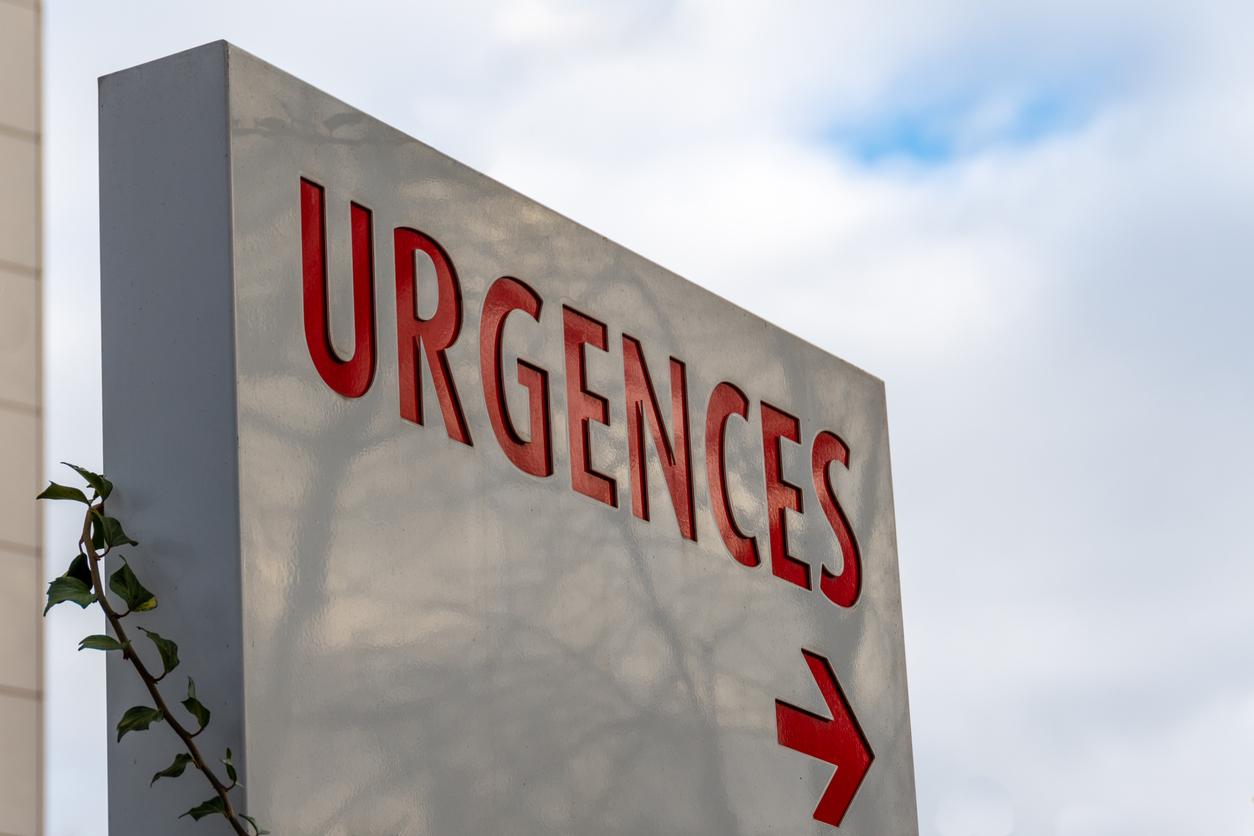The risks associated with insufficient sleep are significant at work, as in other activities that require attention. A vicious circle since it is most often the people exercising the greatest responsibilities who tend not to get enough sleep …
-1538829893.jpg)
Sleep is health. It is well known that when you don’t get enough sleep you are irritable and more distracted. And as a result, much less efficient at work, which, in the case of some professions, can be really dangerous, according to a new American study published on September 27 in the Journal of Experimental Psychology: General.
An experiment on sleep deprivation
To come to this conclusion, researchers at the University of Michigan followed 234 volunteers who they asked to come to the lab at 10 p.m. to complete a series of tasks in a certain order. They then interrupted some of the participants, begging them to remember where they were before continuing. At midnight, half of the people stayed in the laboratory while the other went back to sleep. The next day everyone had to perform the set of tasks again. Scientists then realized that those who had stayed up all night were less diligent.
“All of the participants performed the tasks correctly in the evening, but about 15% of the participants in the insomniac group failed to do so the next morning, compared to 1% of those who had slept,” summarizes Kimberly Fenn, co-author of the study. And to clarify: “the participants who did not sleep made more mistakes, but they also gradually increased the number of forgetting. A phenomenon absent in those who were able to sleep. Those who remained in the laboratory without closing an eye struggled to navigate the task sequence after each interruption “.
Each year, 4,000 compresses forgotten in the body of operated patients
“Human errors in the field of surgery, transport or in nuclear factories are mainly caused by lack of sleep,” she recalls. “Many people in high-risk occupations do not sleep enough. Studies have shown that nearly a quarter of people in jobs with rigorous protocols fell asleep at work,” she continues.
“Every day, around 11 sponges are forgotten in the body of operated patients. This constitutes 4,000 potential medical errors per year. It is an example of rigorous tasks poorly accomplished which can be the result of a lack of sleep”, continues the study, before concluding: “Individuals responsible for crucial tasks constitute a danger, for themselves and for others, because of their lack of sleep. It is a subject that one cannot quite simply not ignore “.
Increased risk of road accidents
Obviously, it’s not just at work that a lack of sleep can cause serious problems. Among the activities to absolutely avoid when you are in the coaltar: driving. In fact, on the road, fatigue is responsible for one in three fatal accidents. In July, a study was carried out on the risks associated with insufficient sleep while driving. According to the latter published on the site BMC Medicine, “people who are chronically sleep deprived do not perceive themselves as very tired, and do not feel diminished”.
Because those who are prone to insomnia or sleep apnea are no longer aware of their fatigue, which exposes them more to a possible car accident. In detail, sleep apnea and moderate sleep apnea increase the risk of traffic accidents by 123% and 13% respectively. The latter rises to + 33% for those who sleep six hours a night only against people entitled to seven or eight hours of sleep.
Six to eight hours of sleep per night ideally
Indeed, several studies have established that in order to avoid developing health problems, one should ideally sleep between six and eight hours per night. Thus, according to a study presented to the Congress of the European Society of Cardiology (ESC), sleeping less than six hours per night can lead to too high blood sugar, hypertension, obesity and diabetes.
Little sleepers also have an 11% increased risk of developing or dying from coronary heart disease or stroke. But it is also not recommended to abuse sleep since those who sleep more than eight hours per night see an increase in this risk by 33%.
Simple rules
In France, 73% of adults claim to wake up at least once a night, while 36% of them report suffering from at least one sleep disorder. Among them, only 18% are undergoing treatment. But before we get to taking medication, let’s remember some basic rules to start the night calmly.
Do not drink coffee or tea after 4 p.m., do not exercise in the evening, it will wake up your muscles, turn off the screens at least an hour before going to sleep, keep your room at a cool temperature (19 degrees maximum) and take a dip. there in total darkness before going to sleep, listen to your body when it is tired: do not force yourself to stay awake if you are sleepy.
Finally, last tip and not the least: be in your bed only to sleep. Besides sex, relaxing activities such as listening to music, watching a movie or reading a book should be done elsewhere so that your body associates your bed and lying down with sleep exclusively.

.

















